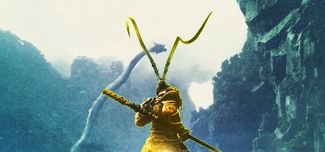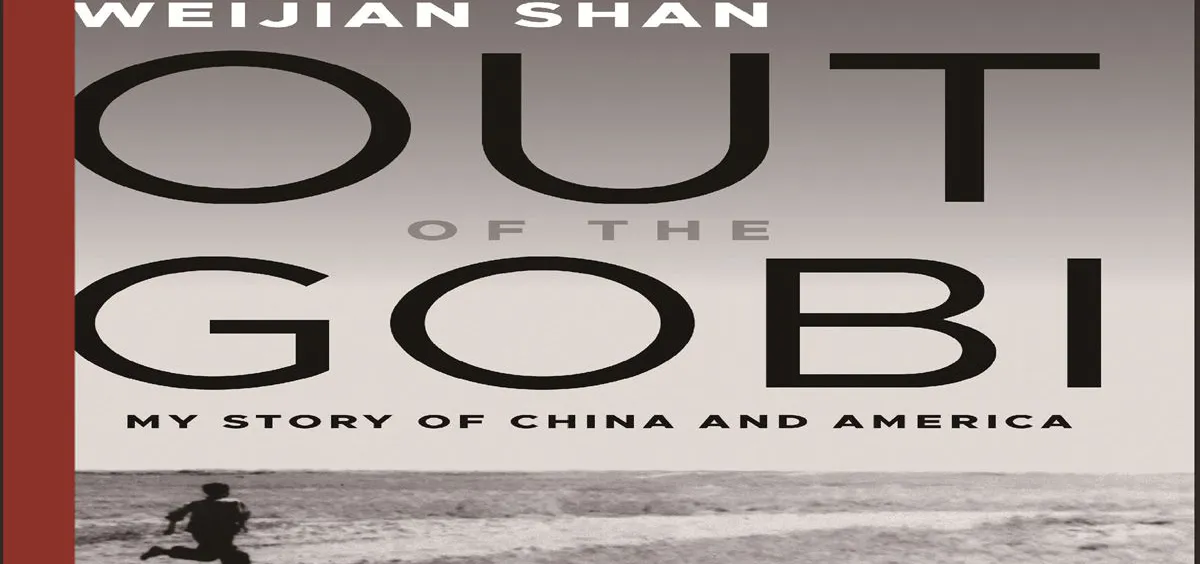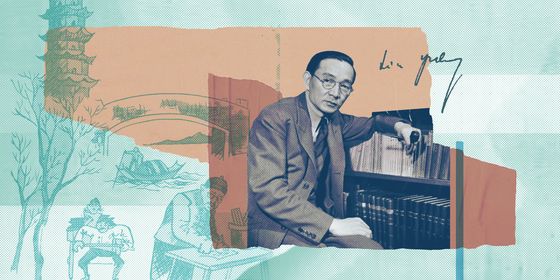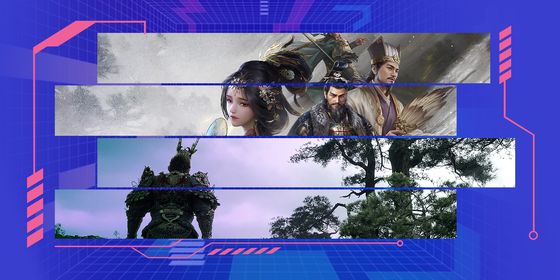In Shan Weijian’s memoir, the Cultural Revolution is the catalyst to a global financial career
As chairman of the PAG Group, a Hong Kong-based private equity firm managing assets of over 30 billion USD, Shan Weijian’s present life is a far cry from his former job as a brick-maker in the Gobi Desert—and a subway construction worker, farmer, mason, electrician, and barefoot doctor during China’s turbulent 1960s and 70s.
These latter experiences are the focus of Out of the Gobi: My Story of China and America, published in February. In the Beijing native’s recollections of his life, the seeds of his meteoric rise in the global business world, as well as the lauded financial career in both the US and China, are said to have been planted in the unforgiving Gobi soils during the most economically disruptive years of revolution.
The book begins with a detailed account of how Shan, the child of government officials and star elementary-school student, becomes a farm laborer in Inner Mongolia’s Construction Army Corps, charged with the near-impossible task of growing crops in the desert.
In the process, there are descriptions of the young Shan watching his neighbors participate in the ecologically devastating anti-sparrows campaign, his family throwing away their goldfish out of fear that it would be considered bourgeois, and the makeshift underground air-raid shelters Shan builds with his platoon for a Soviet attack that never comes.
The reader witnesses the author’s personal growth as he becomes increasingly disillusioned with the violent “struggle sessions” during the Cultural Revolution. However, compared with the typical tear-jerking memoir of the era in the West, or the traumatic “scar literature” genre of 1970s China, Shan’s anecdotes are often more amusing than melodramatic, written in a methodical, no-frills prose that almost unintentionally highlights the absurdities of his situation. In one chapter, Shan’s platoon harvests a remote potato field, only for most of the produce to freeze and rot waiting for to be picked up by horse-drawn wagons (his platoon leader ironically remarks that the best way to preserve the potatoes would be to rebury them).
Later, having produced a mere fraction of the grain that a dozen farmers had harvested the previous year, the leader tells his 300 workers that “It was worth it if you considered that we were making ourselves socialist new men.”
Nevertheless, the harshness of Shan’s experiences can be at times difficult to read, especially the constant lack of food that vividly describes. One incident relates to the platoon stealing food from the villagers that they were supposed to be learning from.
The last quarter of the book charts Shan’s rise through the World Bank and US academia, told in chapters that begin with a quick summary of the domestic and foreign politics at certain points in his career. Bridging these two epochs are Shan’s descriptions of how, while in the Gobi, he devoured every textbook he could get his hands on.
These, the author claims, were the beginnings of his journey to eventually becoming one of the first Chinese students to study in the US after 1978’s reforms, earning his PhD at Berkeley under the supervision of future Federal Reserve chair Janet Yellen (who also wrote the foreword of his memoir), before becoming assistant professor at Wharton Business School. His professional achievements since then have included landmark acquisitions of Korea First Bank and Shenzhen Development Bank.
Shan tells TWOC that the book aims to give voice to what he calls China’s “lost generation,” arguing, “Most people my age are not able to write down their stories, after being denied education for a decade. The number who can tell their stories in English is even fewer.”
Dozens of better-known memoirs about the Cultural Revolution contradict this statement, though Shan’s may indeed be the first from the financial world—and his unemotional, fact-based narrative reads almost like a business assessment of the era (indeed, some of the anecdotes are on the lengthy side, and the Asian Review of Books somewhat dubiously praised the book as “one of the most detailed” accounts of the Cultural Revolution).
To make the memoir even more accessible to his Western business associates, Shan incorporates plenty of dates and figures into his retelling of the events, and does not shy away from sensitive political topics. He does stay away from critiquing the current leadership, though denies there is anything political about this choice. “I chose this story about the Gobi because I feel as if this part of history is the most important time in my life,” he tells TWOC.
Instead, Shan presents his book as an alternative way that someone from his generation could come to terms with the Cultural Revolution, or even grow positively and learn from the experience. This is in contrast to many of his peers who were forced to “give up studying” during their equivalent of his Gobi years. “You see that a lot of them have lived in poverty ever since the Cultural Revolution,” he says, believing that most of his generation has not acquired “the knowledge or the skills to make a living in China’s reformed economy.”
Shan remains close with his fellow platoon members, many of whom now reside in Beijing, but notes that there is a divide. “When we are together, we just laugh as we reminisce about the past,” he smiles. “We rarely talk about what we are doing now. My world and theirs have become so different.” In the Gobi, he reminisces, “There weren’t many opportunities to think or plan about your future; you just did as you were told.”
The book’s epilogue has Shan returning to the Gobi in 2005 on a business trip, where he seeks out old haunts that purportedly “look the exact same as [they] did during the Cultural Revolution,” in spite of decades of economic development. Even in today’s China, reminders of the Cultural Revolution has remained potent for the generation that lived it—and so, apparently, has their desire to continue reliving the era in print.
Gone Gobi is a story from our issue, “Funny Business.” To read the entire issue, become a subscriber and receive the full magazine.
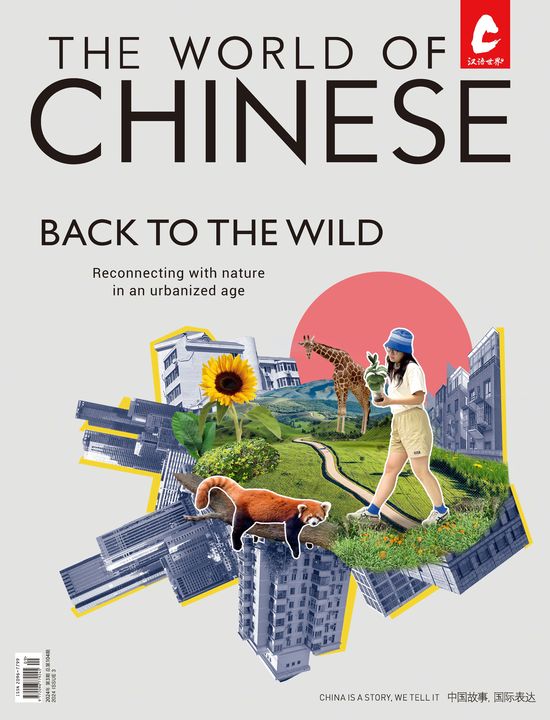
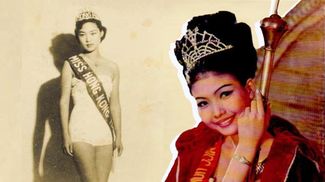
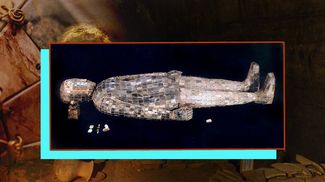
![truecrime-podcast-covewr]](https://cdn.theworldofchinese.com/media/images/truecrime-podcast-covewr.format-jpeg.width-325.jpg)
